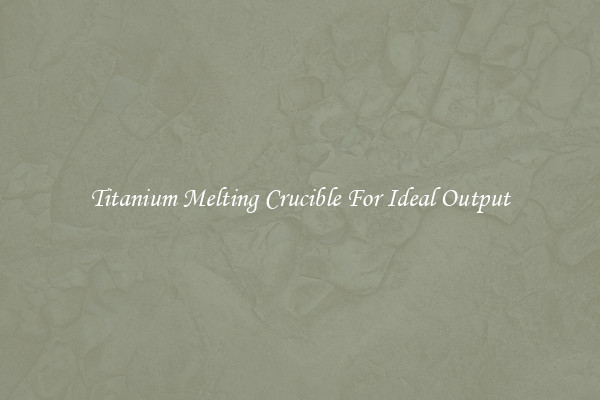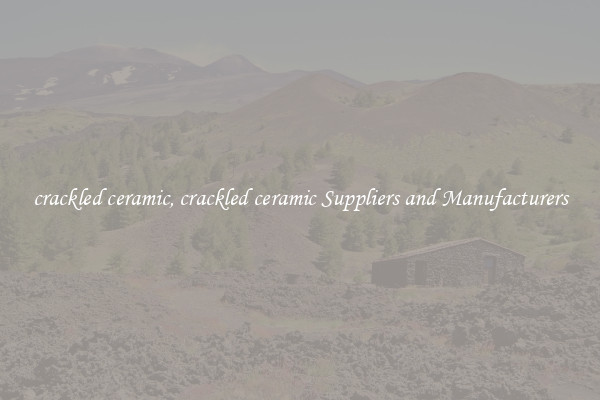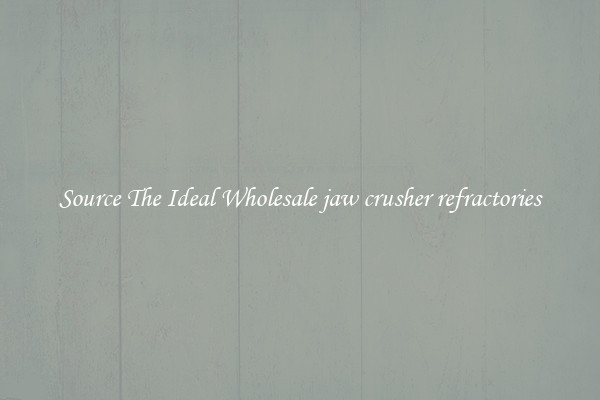Titanium Melting Crucible For Ideal Output
A titanium melting crucible is an essential tool in the aerospace, medical, and chemical industries. It is used to melt and hold titanium and other high-temperature metals during the manufacturing process. The crucible plays a crucial role in ensuring that the melting process yields ideal results.

Titanium is known for its high melting point and excellent corrosion resistance, making it an ideal material for the crucible. The crucible's high-quality titanium construction ensures that it can withstand the extreme heat required to melt titanium.
One of the key properties of a titanium crucible is its high strength-to-weight ratio. This enables it to withstand the intense heat of the melting process without warping or deforming. A strong and durable crucible is essential to prevent leaks or breakage during the melting process, which can result in wastage and downtime.
Another important characteristic of a titanium crucible is its resistance to corrosion. Titanium has excellent corrosion resistance, making it ideal for use in chemical and corrosive environments. This property ensures that the crucible remains intact and does not contaminate the molten metal during the melting process, leading to a higher quality and purer end product.
Furthermore, a titanium crucible has good thermal conductivity, allowing for efficient and uniform heat distribution. This ensures that the molten metal is heated evenly, reducing the risk of overheating or underheating certain areas. An even heat distribution is crucial for achieving consistent results and preventing defects in the final product.
The shape and design of a titanium melting crucible also contribute to its ideal performance. Crucibles are typically cylindrical in shape with a tapered bottom to allow for easy pouring of the molten metal. The tapered bottom allows for controlled pouring and reduces the risk of splashing or spills, ensuring a safe and efficient melting process.
In conclusion, a titanium melting crucible is an essential tool for achieving an ideal output in the melting process. Its high strength-to-weight ratio, corrosion resistance, and thermal conductivity contribute to a reliable and efficient melting process. Choosing a high-quality titanium crucible will ensure that the melting process yields a higher quality and purer end product, meeting the strict requirements of industries such as aerospace, medical, and chemical.

View details

View details

View details

View details








